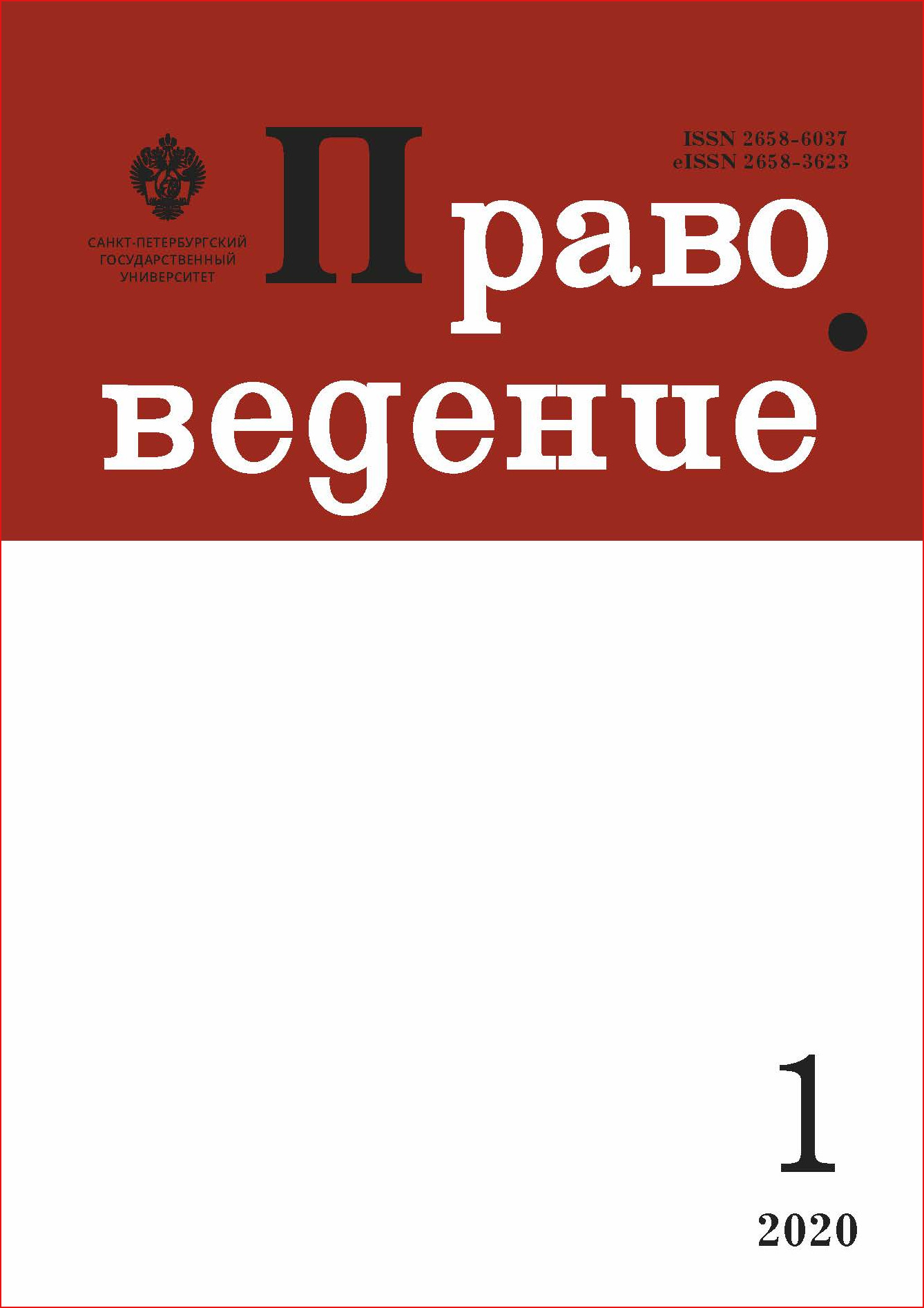Restitution of stolen cultural properties: Lessons and challenges from recent Korean cases
DOI:
https://doi.org/10.21638/spbu25.2020.113Abstract
The Republic of Korea adopted the 1970 Convention on the Means of Prohibiting and Preventing the Illicit Import, Export and Transfer of Ownership of Cultural Property on 14 February, 1983. The Convention has some disadvantages in that its scope does not cover the cultural properties stolen from Korean territory during the Japanese colonial era, which lasted from 1910 to 1945, and the Korean War from 1950 to 1953 because it cannot be retroactively applied to cultural properties stolen during these years, and it falls within the field of public international law. Hence, in order for the Korean government and the legal community to seek more effective methods of restitution of cultural properties stolen during these periods, alternative legal tools need to be discussed. Some good examples include the donation or purchase of stolen cultural property, arbitration of disputes over the restitution of cultural property, bilateral international instruments concerning the restitution of cultural property, and the restitution of stolen cultural property though the application of foreign domestic public law or private international law. In particular, the main focus of this article is on the restitution of stolen cultural property though foreign domestic public law or private international law. At the beginning of the article, it is illustrated where overseas Korean cultural properties are located. The article then delves into why the focus is on the restitution of stolen cultural property though the application of foreign domestic public law or private international law. Three examples are discussed based on these scenarios. The article concludes by looking at the lessons learned from these cases and the challenges that the Korean government and legal community are likely to face.
Keywords:
restitution, cultural property, stolen cultural property, cultural heritage law, private international law, bona fide acquisition
Downloads
References
Downloads
Published
How to Cite
Issue
Section
License
Articles of "Pravovedenie" are open access distributed under the terms of the License Agreement with Saint Petersburg State University, which permits to the authors unrestricted distribution and self-archiving free of charge.




